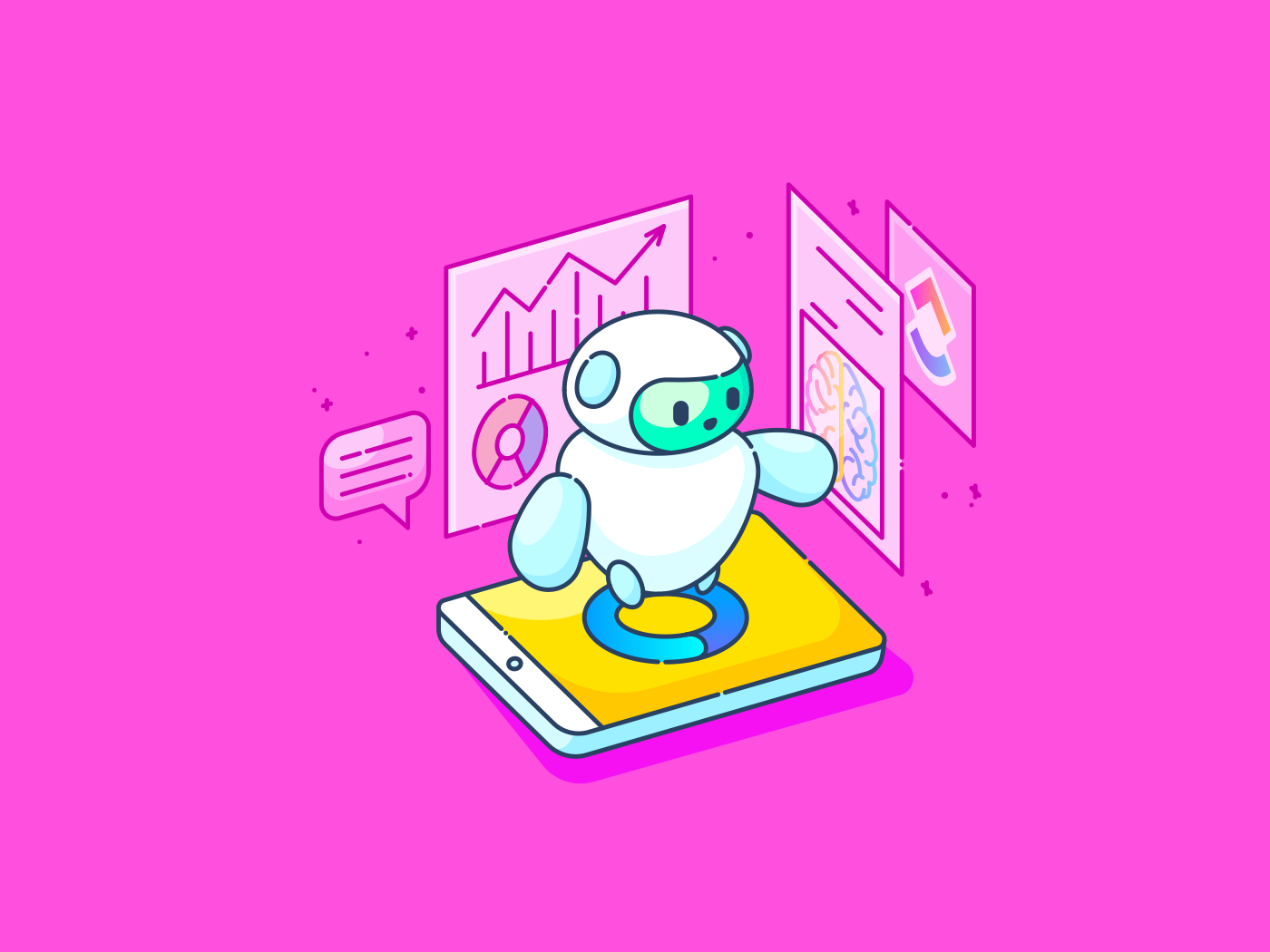Photo courtesy of Rose Genele 4omini Image Generation
Rose is a thought leader in ’s Insight Forum (become a member).
“AI is just magic — a tool anyone can use without understanding how it works.”
This persistent myth has created a generation of professionals who can click buttons but can’t evaluate the AI systems transforming their industries. While making artificial intelligence accessible is important, there’s a compelling perspective worth considering — specialized vocabulary isn’t an obstacle but rather a valuable asset that can significantly enhance your career and professional resilience in an increasingly AIdriven world.
The power of technical language
What exactly is technical terminology? It’s “the specialized vocabulary characteristic of a particular field or activity.” AI is fundamentally technical — a sophisticated technology with its own language, just like many other advanced fields including medicine, engineering, and finance.
Understanding this specialized vocabulary is essential for meaningful engagement with the technology. The terminology provides the foundation for truly comprehending the technology itself and enables you to participate in higherlevel conversations about its implementation and future direction.
As someone who has implemented AI solutions across various sectors and trained professionals in AI literacy, I’ve observed a clear pattern: technical vocabulary is a practical asset that actually transforms how organizations engage with AI.
When professionals understand terms like “algorithmic bias,” “model drift,” or “explainable AI,” they become more than just end users — they become informed decisionmakers capable of evaluating AI capabilities and limitations. This shared technical language creates precision in communication that is absolutely essential for successful implementation and governance of AI technologies.
Looking beyond “jargonfree” AI education
You may have noticed workshops advertising “AI agents without the jargon” and promising simplicity and ease. While appealing, particularly for beginners, these approaches often teach you about tools rather than the underlying AI technology itself. This creates a knowledge gap that can limit your ability to adapt as the technology evolves.
While it might be tempting to bypass technical foundations, especially when courses promise to build “AI confidence without the tech terminology,” investing in deeper knowledge offers substantially greater longterm benefits.
Consider the difference between learning to use a specific AI application versus understanding how various AI systems function at a fundamental level. The former might get you started quickly, but the latter empowers you to evaluate, select, and implement the most appropriate AI solutions as your needs change over time.
The professional advantage
Investing in fundamental AI knowledge pays significant dividends throughout your career.
Learning the terminology now prepares you for the evolving workplace where AI capabilities are increasingly valuable and expected.
Effective management of AI requires understanding both the systems and their terminology at a foundational level. This knowledge allows you to ask the right questions, evaluate vendor claims critically, and make informed decisions about implementation strategies.
For executives and decisionmakers, this knowledge becomes even more crucial. As you become responsible for AI procurement, governance, and management of digital workers, a solid understanding of the technology positions you for continued success in the evolving labour market. It enables you to lead with confidence rather than delegating critical decisions to others who might not fully understand your business objectives.
You don’t need to become an expert in every technical term or concept, but understanding the core technology and its operations provides career advantages that may not be immediately apparent today but will prove invaluable in the near future. This knowledge allows you to bridge communication gaps between technical teams and business stakeholders, a skill that organizations increasingly value.
Think of it this way: would you rather be the person who knows only which button to press today, or the professional who can evaluate tomorrow’s AI solutions with confidence? Rather than focusing solely on quick wins, invest in comprehensive AI education (technical terminology included) as a cornerstone of your professional future.
The value of depth over simplification
When we provide AI education without its technical language, we create a dangerous knowledge gap that limits professional growth and, more importantly, ethical oversight. We don’t expect doctors to practice medicine without understanding anatomy, or lawyers to practice law without understanding jurisprudence — AI deserves the same thoughtful approach. The responsible development and deployment of AI systems demand nothing less.
The market offers many courses promising to make AI “accessible” by removing complexity. However, this accessibility often sacrifices depth and meaningful understanding. It’s comparable to learning to drive without understanding the mechanics — adequate until you encounter problems or need to make adjustments to optimize performance.
This approach isn’t just about keeping pace — it’s about excelling in your field. When everyone has access to similar AI tools, your competitive edge comes from how effectively you understand and leverage those tools, which requires familiarity with the technical language. This deeper knowledge allows you to innovate and identify unique applications that others might miss.
A positive approach to learning AI terminology
Here’s an encouraging approach to AI education that embraces terminology while remaining accessible:
- Build a strong foundation: Begin with the core concepts and terminology that form the basis of AI technology. Start with broader terms and gradually add more specialized vocabulary as your understanding deepens.
- Practice through application: Connect new terms to practical uses in your industry. This contextual learning helps cement your understanding and demonstrates the realworld value of technical knowledge.
- Develop knowledge progressively: You can build expertise gradually through consistent learning. Set aside regular time to explore new concepts and review what you’ve already learned.
- Connect with peers: Engage with others exploring and utilizing AI in similar contexts. Learning communities provide support, motivation, and opportunities to practice using technical language in conversation.
- Seek deeper understanding: When presented with simplified explanations, take the initiative to explore the underlying technical details. Ask questions that probe beyond surfacelevel descriptions.
Moving forward with confidence
In this AIhyper fueled environment, technical language serves as a gateway to enhanced capabilities and opportunities that remain inaccessible to those who shy away from deeper learning.
Speaking about AI with appropriate terminology demonstrates your commitment and knowledge to colleagues, employers, and clients. It shows you’ve developed genuine expertise, not just superficial familiarity with trending topics. This authenticity builds trust and positions you as a valuable resource in professional settings.
While achieving AI literacy requires effort, the same is true for any valuable professional development. By embracing the terminology and understanding the technology, you position yourself not just as an AI user but as a knowledgeable guide of its potential — someone who can help shape its implementation and direction within your organization.
Your successful future in an AIenhanced workforce will reflect this investment, rewarding you with increased opportunities, greater professional resilience, and the satisfaction of truly understanding one of the most transformative technologies of our time.
When faced with the choice between a simplified, jargonfree introduction to AI or a course that embraces technical terminology, choose depth over convenience. The vocabulary isn’t academic window dressing, it’s the essential framework that enables meaningful participation in how AI evolves. By embracing rather than avoiding technical language, you position yourself not just as an informed user, but as someone capable of guiding AI’s responsible integration into our world.








